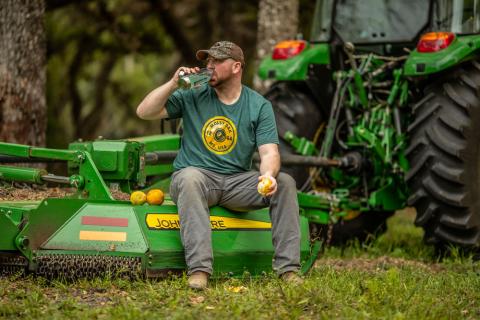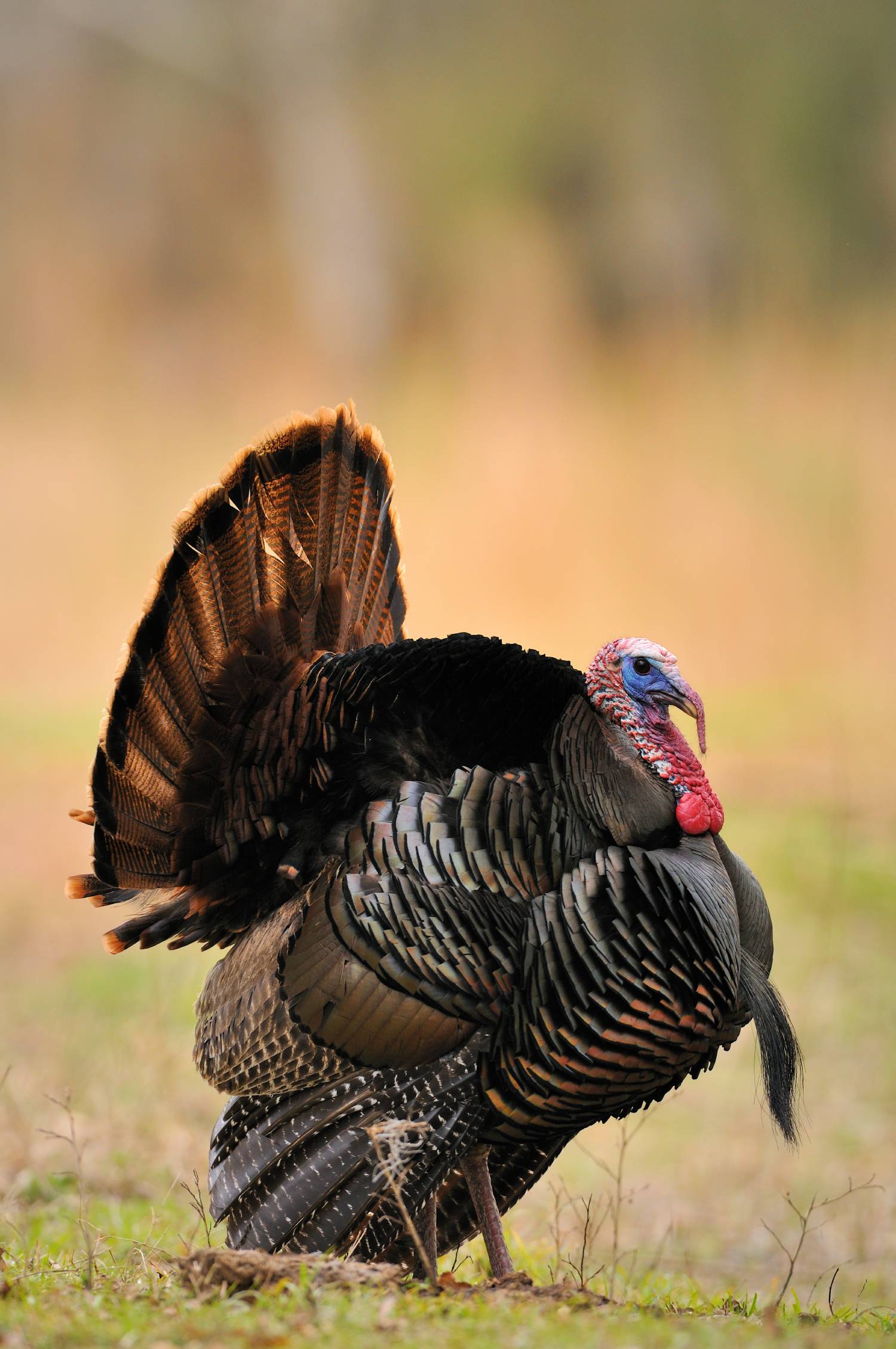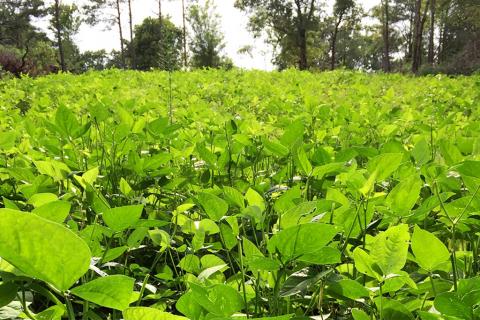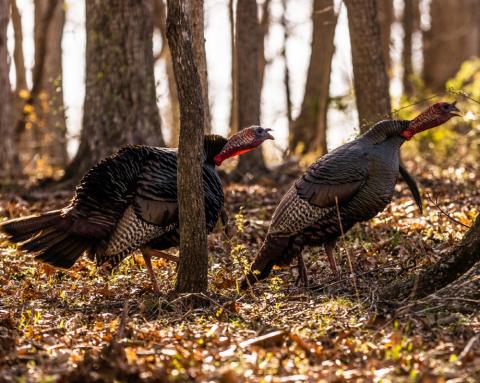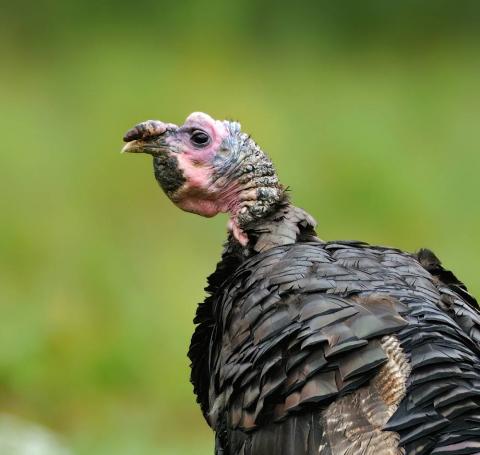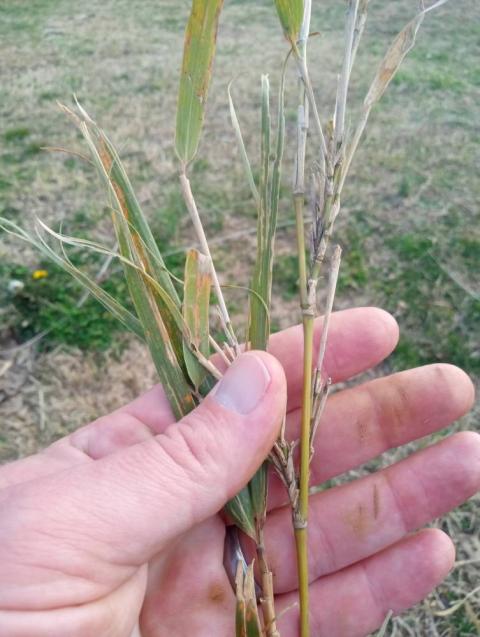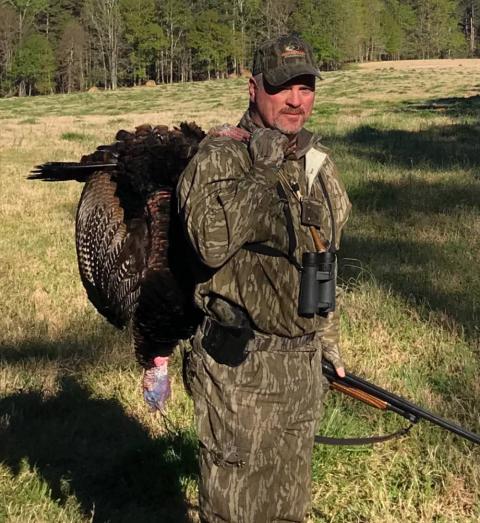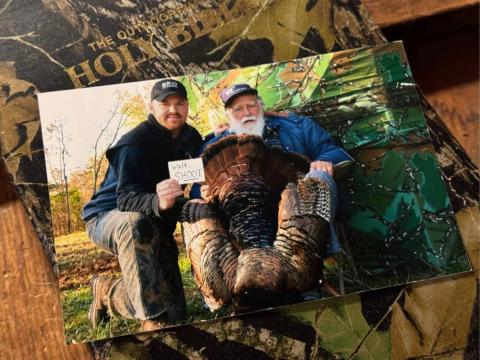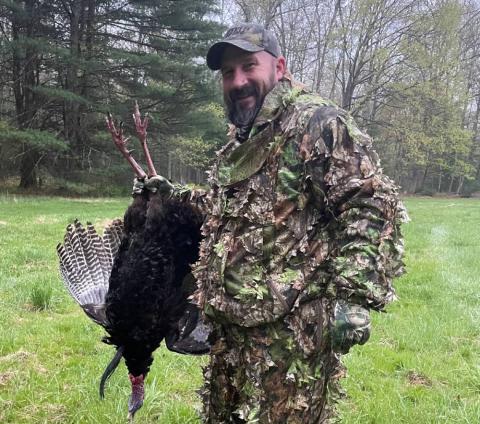provided by John E. Phillips
Mossy Oak wanted to know how Mossy Oak Fishing Pro Kevin VanDam of Kalamazoo, Michigan, finds and catches bass. Kevin VanDam is one of only two professional fishermen to win four Bassmaster Classics. He’s also won three Major League Fishing Cups and is one of the fastest anglers finding and catching bass in every tournament he attends. He’s a very detailed angler and a keen observer of everything around him when he’s on the water. Sights and signals that most bass fishermen completely overlook are some of the keys to VanDam’s success. To learn more about VanDam, visit his web page at http://kevinvandam.com/.
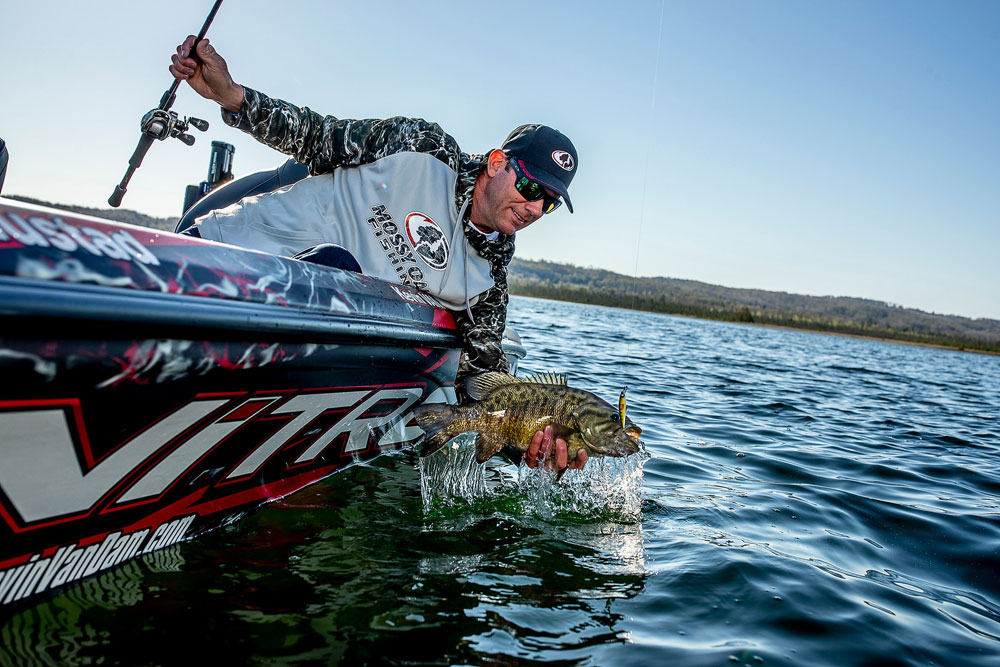
Mossy Oak: Kevin, one of your strengths is that you have the ability to quickly assess changing water, wind and weather conditions and the amount of fishing pressure to modify the way you fish. How do you do that?
Kevin VanDam: That’s a tough question to answer. I try to make as many observations as I can each moment I’m fishing. Learning how to be that observant has been very difficult for me. Something I’ve noticed though is that some of the best bass fishermen in the nation have intense observation skills. By that, I mean that they see little changes in the fishing environment that other anglers don’t, and they know how to react to those changes. A slight switch in the water clarity, the temperature change in the water of maybe only three degrees, an increase in the current coming through the lake, a bait fish flipping, a heron standing on a point looking for something to eat, a shift in the wind direction - any of those different cues drastically can change the fishing conditions.
The angler who is aware of those subtle changes usually will adapt to those changes and either win or finish high in a tournament. I think one of the things that many bass anglers overlook is that they’re so concentrated on their casts, their targets, their boats’ positions, their lines as the baits fall or move across the surface or their rod tips to check for strikes that they don’t notice those subtle changes and/or cues taking place on the lake.
Mossy Oak: How are you able to make those observations, choose the right boat position for your next cast, make that accurate cast, pay attention to what your lures are doing, notice a strike and land the bass?
VanDam: I guess I can compare it to learning to rub the top of your head and your tummy at the same time. For me, experience has taught me that these things are important. Instead of keeping my eyes glued to the depth finder looking for structure and determining where bass are holding, I look up at the bank in front of me, I watch the water, and I search for clues that may tip me off to the fact that there has been some change in the fishing conditions.














